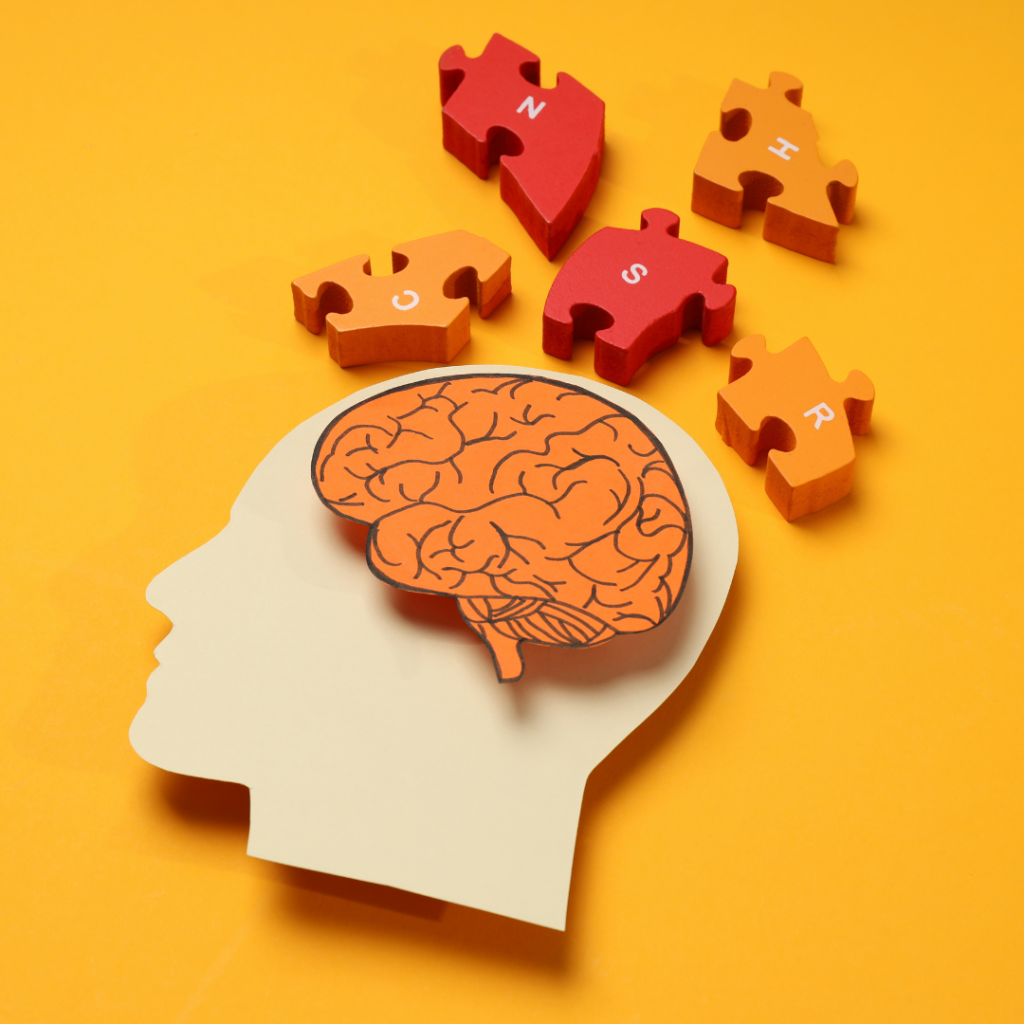Whether you are a carer, a family member, or someone newly diagnosed, understanding the latest dementia care therapies can help create more meaningful and positive experiences for patients. Let’s take a look at some of the most effective therapies currently being offered.
1. Cognitive Stimulation Therapy (CST)
Cognitive Stimulation Therapy is a popular, evidence-based approach widely used in the UK. It is designed to enhance cognitive function through structured group activities and mental exercises. CST sessions typically involve enjoyable tasks such as memory games, puzzles, and discussions around specific topics that encourage social interaction and mental stimulation.
In 2024, CST has evolved with more personalized versions tailored to individual interests, ensuring that the therapy remains engaging. Virtual CST is also gaining traction, offering patients remote access to these sessions, which can be particularly useful for those in more rural areas.
Why it works: By consistently challenging the brain, CST helps to maintain cognitive function and slows the progression of dementia. It also fosters social interaction, which has been proven to have a positive effect on mood and overall well-being.
2. Music Therapy
Music has always been a powerful tool in dementia care, but in 2024, music therapy is taking on new dimensions. More care homes and hospitals in the UK are incorporating personalized playlists and live music sessions tailored to each patient’s history and preferences. Familiar music can trigger emotions and memories, providing comfort to those with dementia.
In some cases, even patients with severe dementia show increased responsiveness to music, tapping their feet or humming along to familiar tunes. Music therapy is being used not only to reduce anxiety and agitation but also as a form of expression for patients who struggle with verbal communication.
Why it works: Music has the unique ability to tap into long-term memory, bypassing some of the cognitive barriers that dementia creates. It can provide an emotional release, reduce feelings of isolation, and improve mood.
3. Reminiscence Therapy
Reminiscence Therapy is another cornerstone of dementia care in the UK. This therapy encourages individuals to talk about past experiences, often using photos, objects, music, or videos as prompts. With the development of digital platforms, reminiscence therapy has become more accessible in 2024, allowing patients and carers to create virtual memory books and timelines of life events.
In many care settings, reminiscence therapy is a group activity where patients can share stories and reflect on their lives, which can boost self-esteem and bring a sense of accomplishment.
Why it works: Recalling long-term memories is often easier for dementia patients than short-term recall. By focusing on the past, patients can experience joy, laughter, and a sense of identity, even as other cognitive functions decline.
4. Art Therapy
In 2024, art therapy remains a favorite, allowing dementia patients to express themselves creatively, without relying on words. It’s widely used across the UK in various settings, from community centers to care homes. Art therapy can involve painting, drawing, sculpting, or even simple crafts like knitting.
While the artistic outcome isn’t the focus, the process of creating art can reduce anxiety, promote mindfulness, and give patients a way to communicate their feelings when words may fail them. Digital art tools are also being introduced to therapy sessions, making art more accessible for those with physical limitations.
Why it works: Art therapy provides a non-verbal outlet for expression, reduces agitation, and improves emotional well-being. For many patients, it can be a source of pride and accomplishment.
5. Pet Therapy (Animal-Assisted Therapy)
Animal-assisted therapy has gained popularity in the UK, and in 2024, it’s a well-established practice in dementia care. Interaction with therapy animals, typically dogs or cats, can reduce feelings of loneliness, lower anxiety, and increase engagement. Some care homes have incorporated regular visits from therapy pets, while others have resident animals that patients can bond with.
For those unable to interact with live animals, robotic pets are becoming increasingly common. These lifelike pets can mimic animal behavior and offer companionship to dementia patients without the responsibility of care.
Why it works: Interacting with animals provides comfort and reduces stress. Many patients become calmer in the presence of animals, and the act of stroking a pet can be soothing and grounding.
6. Reality Orientation Therapy
Reality Orientation Therapy is focused on reducing confusion and helping dementia patients stay oriented to time, place, and person. In 2024, digital tools are enhancing this form of therapy. Care homes and families can now use interactive devices like digital clocks, calendars, and apps that provide visual and verbal cues to reinforce a sense of routine and reality.
Reality orientation tools can include simple environmental modifications, such as labeling rooms or objects, or using routine reminders to help patients maintain independence and reduce disorientation.
Why it works: By regularly grounding patients in the present, reality orientation therapy can help reduce confusion, frustration, and distress. This method encourages a stronger sense of self-reliance.
7. Exercise and Movement Therapy
Physical activity has long been recognized for its mental and physical benefits, and in 2024, exercise programs for dementia patients have become even more accessible. Movement therapy can range from gentle chair exercises and stretching to walking and dancing. Many care settings have tailored fitness routines to encourage participation while considering physical limitations.
Regular physical activity has been proven to help manage symptoms like restlessness and agitation while also promoting better sleep. In the UK, exercise classes for dementia patients are often paired with music or reminiscence therapy to further enhance cognitive and emotional benefits.
Why it works: Exercise boosts mood, helps maintain mobility, and can slow the physical deterioration associated with dementia. It’s also an excellent way to promote social engagement.
8. Sensory Stimulation Therapy
Sensory stimulation has grown in importance as a therapeutic approach in 2024. It involves stimulating the senses—sight, sound, touch, taste, and smell—to evoke memories and emotions. Sensory rooms, which feature calming lighting, soft textures, music, and aromatic scents, are now more common in UK care homes. Sensory therapy can also be portable, with multi-sensory tools like textured fabrics or scented oils used during one-on-one sessions.
This therapy is particularly effective for those in the later stages of dementia, who may have difficulty engaging in more cognitively demanding therapies.
Why it works: Sensory experiences can trigger memories, reduce anxiety, and offer comfort to dementia patients. It helps engage parts of the brain that may not be activated through conversation or traditional therapy.
Dementia care in the UK has made great strides, and the therapies available in 2024 offer a diverse array of options to meet the needs of patients at various stages of the disease. From cognitive stimulation therapy to music therapy, these approaches not only help maintain cognitive function but also focus on emotional well-being and quality of life. By staying informed about the best dementia care therapies in the UK, carers and family members can create more meaningful experiences and ensure that their loved ones receive the support they deserve.




